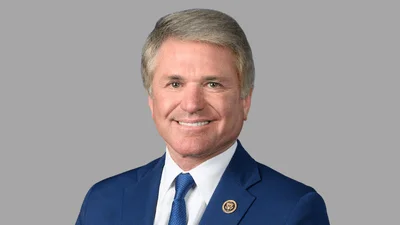WASHINGTON, DC - Today, Ways and Means Ranking Member Richard Neal (D-MA) and Energy and Commerce Ranking Member Frank Pallone, Jr. (D-NJ) introduced a bill to expand access to evidence-based treatment for opioid use disorders for Medicare beneficiaries.
The bill would give Medicare beneficiaries access to outpatient treatment at Opioid Treatment Programs (OTPs), which provide medication-assisted treatment. Medication-assisted treatment is the most effective treatment for opioid use disorders, sustaining long-term recovery by combining medications, like methadone, buprenorphine, and naltrexone, with counseling and behavioral therapies.
Currently, Medicare does not recognize OTPs as providers, and therefore does not cover treatment delivered to beneficiaries in these outpatient settings. OTPs currently provide treatment to Medicaid enrollees and individuals with commercial insurance coverage. The bill introduced by Pallone and Neal today would enable Medicare to pay OTPs for a package of services - a “bundle" - provided to beneficiaries.
“As the opioid epidemic grows throughout the nation, Congress must do everything possible to ensure that anyone suffering from this disorder has access to all forms of effective treatment," Neal and Pallone said. “For too long, Medicare beneficiaries have not had access to treatment at OTPs, an important tool in addressing the opioid crisis. This legislation addresses this gap in coverage, expanding access to critical and lifesaving treatment options for Medicare beneficiaries at a time when opioid abuse is growing among the senior population.
Though not frequently discussed, the opioid epidemic is a significant and growing problem in the Medicare population. Medicare beneficiaries have among the highest and most rapidly growing prevalence of opioid use disorders and opioid-related hospitalizations. One-third of beneficiaries enrolled in Medicare’s drug program (Part D) received an opioid prescription in 2016, and among Medicare beneficiaries under age 65 who qualify on the basis of disability, nearly 50 percent are receiving opioid prescriptions.
H.R. 5085, the Expanding Access to Evidence-Based Opioid Treatment for Seniors Act of 2018, has received the support of the National Committee to Preserve Social Security and Medicare and the American Association for the Treatment of Opioid Dependence (AATOD).









